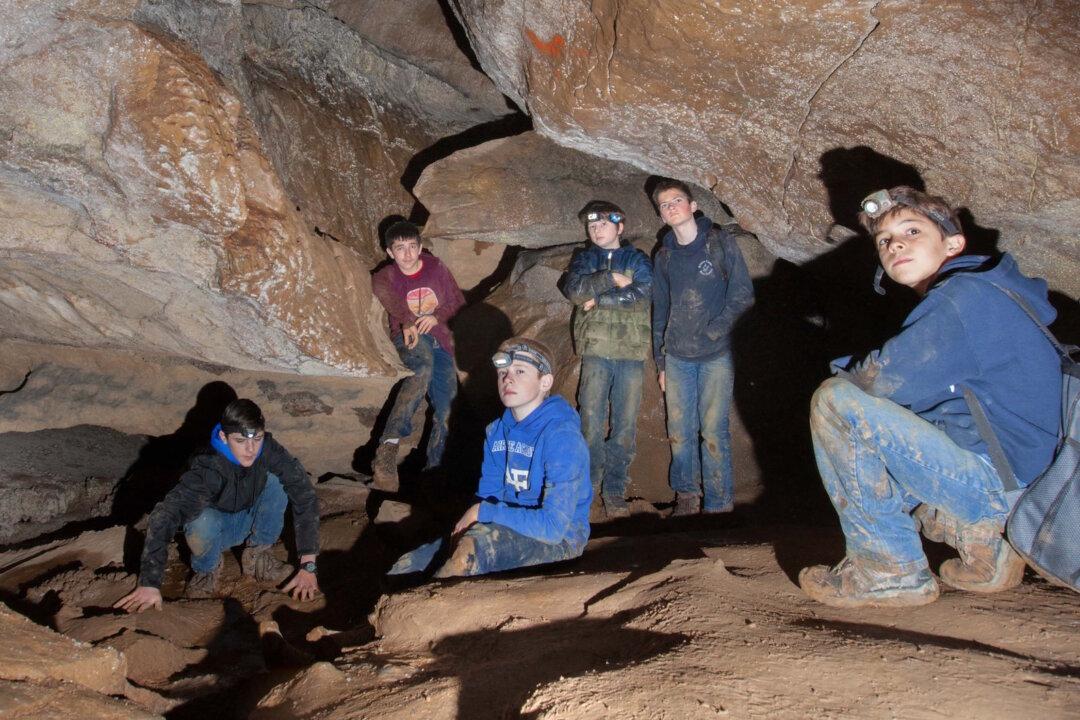In their scholarly article “Too Many Boys Are Failing in American Schools: What Can We Do About It?” Barbara Jackson and Ann Hilliard offer a long list of troubling facts and figures about boys and their dismal performance in the classroom and in adolescence in general.
Here are just a few of these statistics: Boys commit suicide two to three times more often than girls, they make up more than 70 percent of school suspensions, they are 80 percent of high school dropouts, and they make up less than 44 percent of university students.






